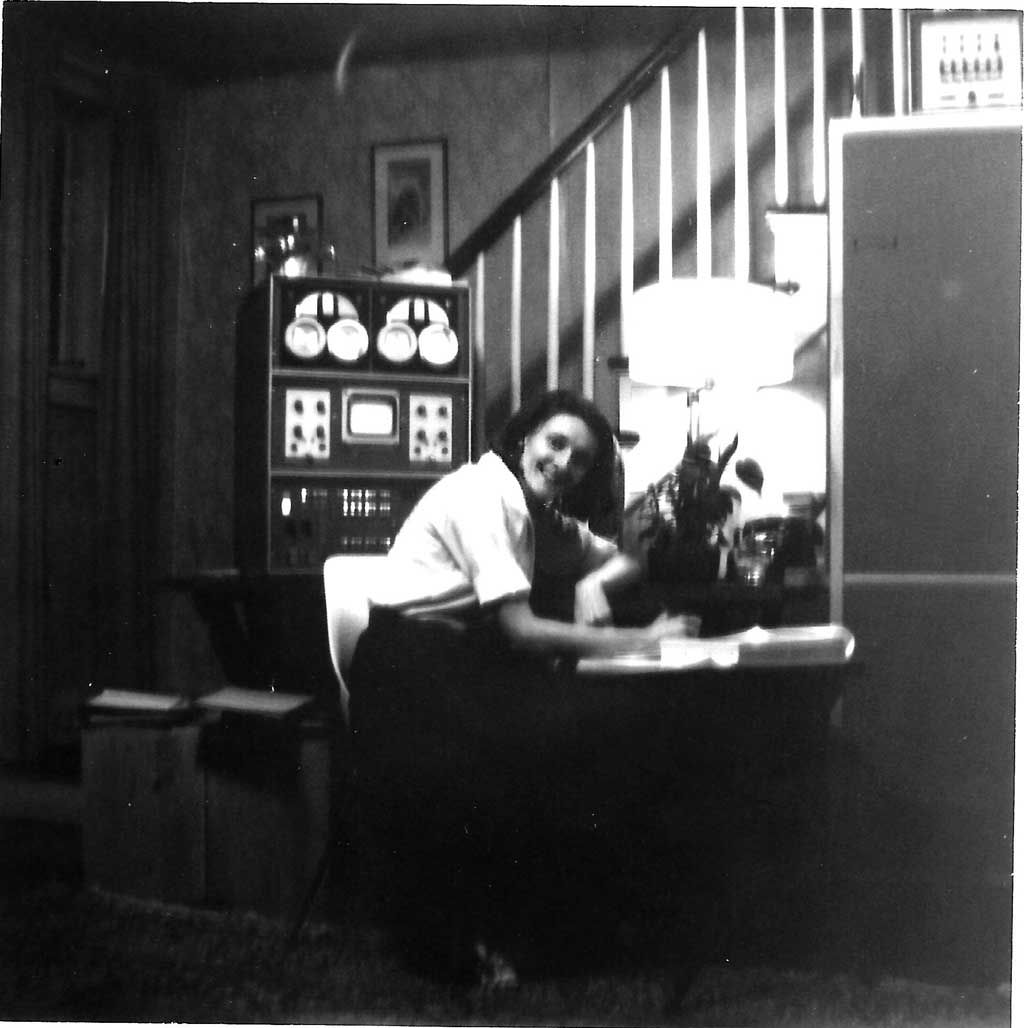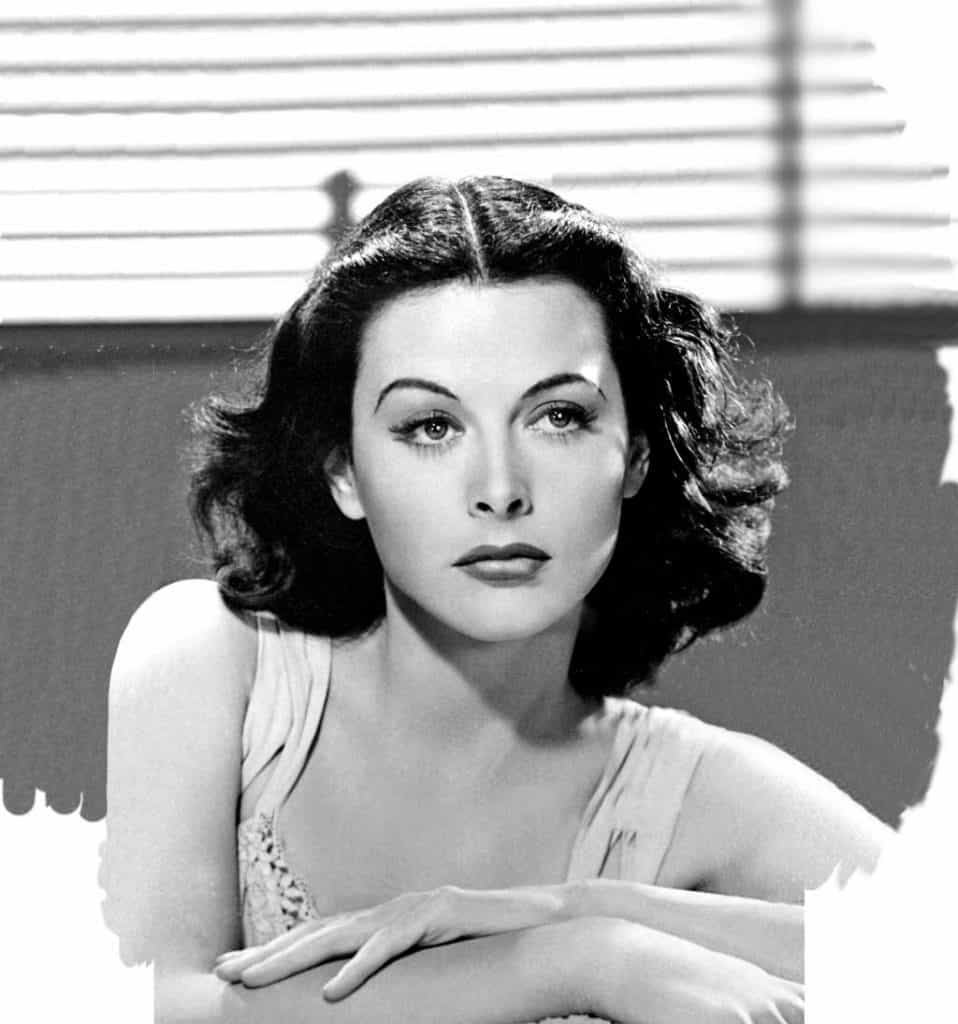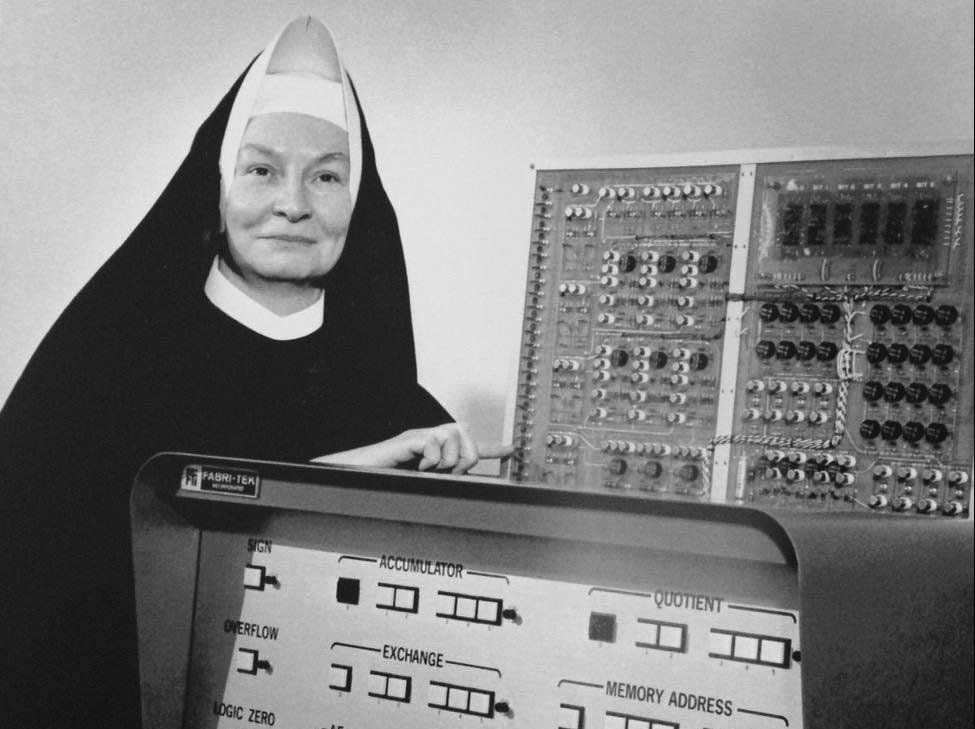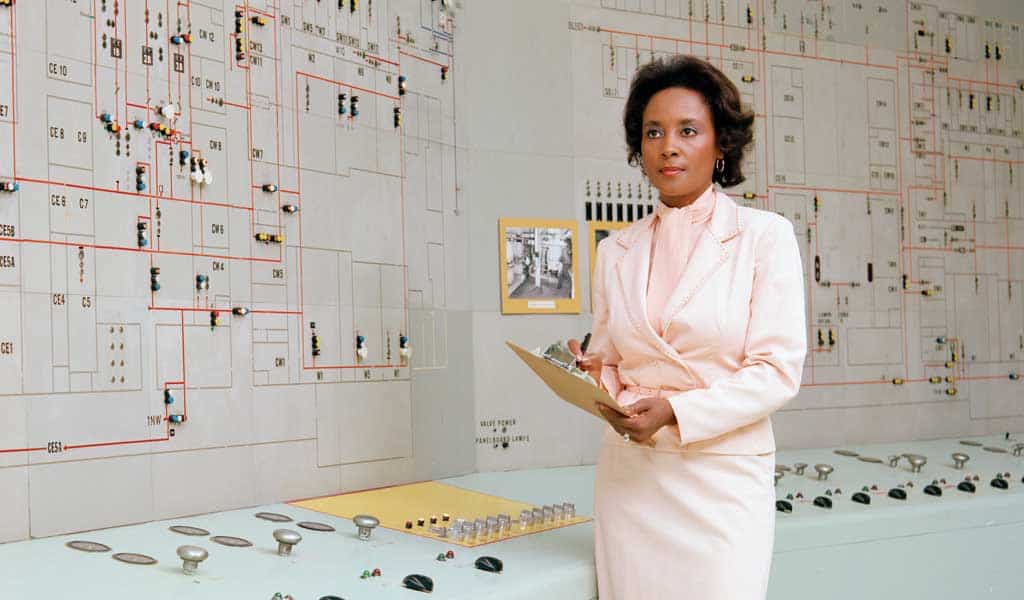Annie Easley
In a traditionally male-dominated field, these women’s contributions to technology were both crucial and inspiring, writes Will Brightling, CEO of Dublin Tech Summit.
Those who are familiar with the tech world will already know about massive female influencers such as Ada Lovelace, the inventor of computer programming, and the ‘mother of computing’ Grace Hopper, but history is full of women whose talents shook up the industry and created huge change and development in their field.
1. NASA’s human computer: Annie Easley
Mathematician, “human computer” and rocket scientist, Easley began her career doing computations for researchers. This involved analysing problems and doing calculations by hand. Her earliest work involved running simulations for the newly planned Plum Brook Reactor Facility where NASA was born.
As an African-American woman in the ‘40s, Easley had many obstacles to overcome to get the education she desired to feed her naturally brilliant mind. She continued to learn throughout her career and while working full time for NASA, she pursued a degree at Cleveland State University. While her male colleagues had their undergraduate tuition paid for, Annie paid for her courses with her own money. “Nothing was given to minorities or women. It took some fighting to get that equal opportunity and we’re still fighting today,” the late Easley once said, and it still holds true.
During her studies, one of Easley’s projects determined the life use of storage batteries, and her findings have since contributed to batteries that are used today in hybrid vehicles.
2. Working from Home pioneer: Mary Allen Wilkes

Mary Allen Wilkes
One of the few female computer engineers who made her mark in a very male-dominated field in the 1950s and ‘60s, Mary Allen Wilkes made working from home possible. After obtaining her undergraduate degree in philosophy she took up computer programming – supposedly because of a dare from her eighth-grade geography teacher. She worked at MIT’s Lincoln Laboratory between 1959 and 1963 designing the console and the first operating system for the Laboratory Instrument Computer (LINC), the first micro computer, and went on to write a series of LINC operating systems until she reached the LAP6 (Line Assembly Program) which served both as an operating system and a code assembler for the LINC.
Wilkes was the first person to design and work on a computer privately at home in 1965 and is regarded as the first home computer user.
3. The Hollywood Bombshell and Wifi inventor: Hedy Lamarr

Hedy Lamarr
A well-established name in both Hollywood and the tech world, Hedy Lamarr appeared on screens alongside legends such as Clark Gable and Judy Garland. An acting career blossomed after she was spotted by an MGM studio head while travelling from London to New York, however it was her technical talents that she really strived to nurture. While she was referred to by MGM as “the most beautiful woman in the world”, Hedy herself stated,
The brains of people are more interesting than the looks, I think.
Director Howard Hughes provided her with the equipment to run experiments in her trailer when she was not in front of the camera. It was as a result of these experiments that she, alongside composer, author and inventor George Antheil, patented an idea for radio communications to ‘hop’ from one frequency to another, so that Allied torpedoes couldn’t be detected by the Nazis. It was this patent that became a precursor to the secure wi-fi, GPS and Bluetooth now used by millions in everyday life.
4. Making programming ‘BASIC’: Sister Mary Kenneth Keller

Sister Mary Kenneth Keller
The first woman to earn a Ph.D in Computer Science, Sr. Mary Keller strove to make computing and programming more accessible for everyone and not just computer scientists.
In the 1960s, Sr. Keller studied at the University of Wisconsin, Purdue, the University of Michigan, and Dartmouth College. Ivy League Dartmouth relaxed the rule barring women from its computer centre and it is thanks to this that Sr. Keller was able to help develop the computer language BASIC, a general-purpose, high level programming language which helped broaden computer programming into non maths and science fields, subsequently giving many people their first experience with programming.
After achieving her Ph.D, Sr. Keller founded the computer science department at Clarke College in Iowa, which she directed for 20 years.
This November, Dublin Tech Summit is hosting Ireland’s inaugural Women In Tech Awards. The awards will span 12 categories including the Trailblazer Award, Disruptor Award, and the IT Business Leader award, promoting the success of female influencers in the tech industry, who in turn, can stimulate further dialogue around equality and inspire the millions of female tech enthusiasts around the world to become leaders in their own right. Head to womenxtech.com to find out more.







